On October 13, 2025, the Unity Crash Course started for the third time at the University of Konstanz.
Unity Crash Course 2025
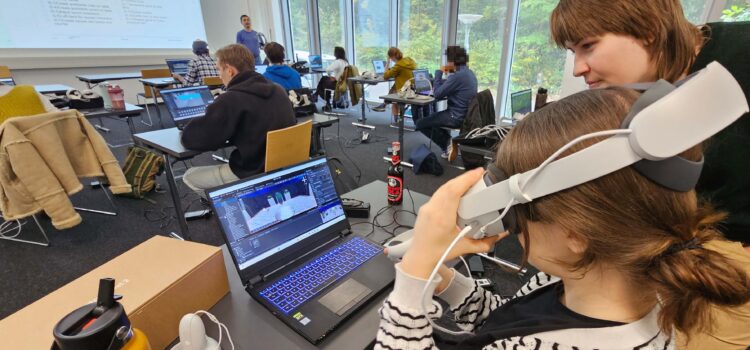


On October 13, 2025, the Unity Crash Course started for the third time at the University of Konstanz.
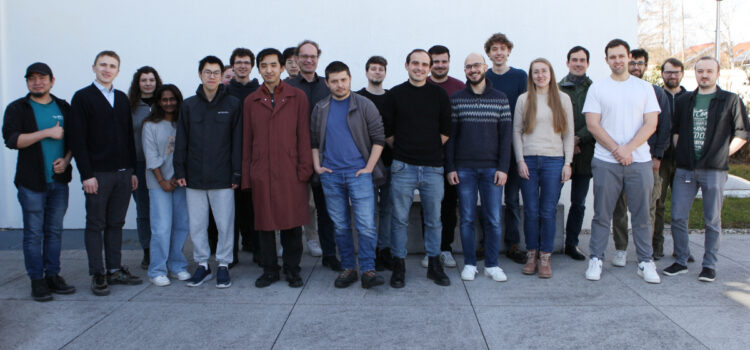
In February our members gathered in Stuttgart for the 2nd SFB-TRR 161 Research Hackathon. This year’s motto: Multimodal and Collaborative Data in HCI.
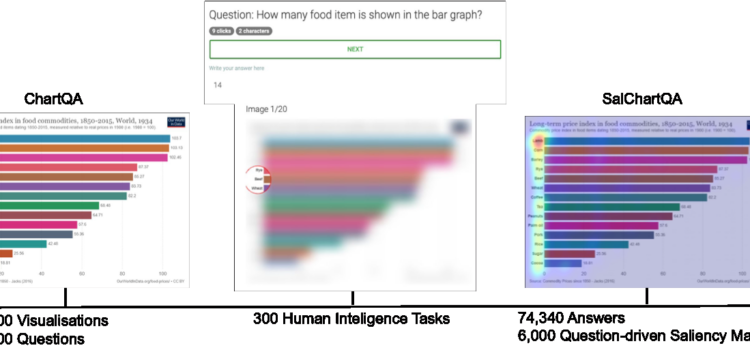
Yao Wang successfully defended his PhD thesis on November 5th, 2024. For our blog, he summarizes his research on understanding and predicting human visual attention.

In October 2023, Fiona Draxler from LMU, Munich successfully defended her PhD thesis. Read more about it!
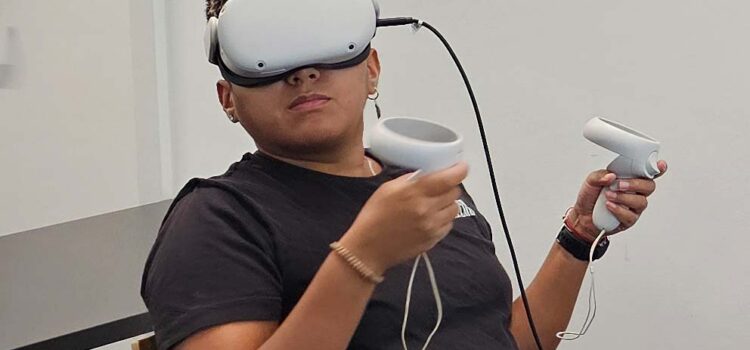
Members of various SFB-TRR 161 projects came together and offered a Unity Crash Course at the University of Konstanz in October 2024.
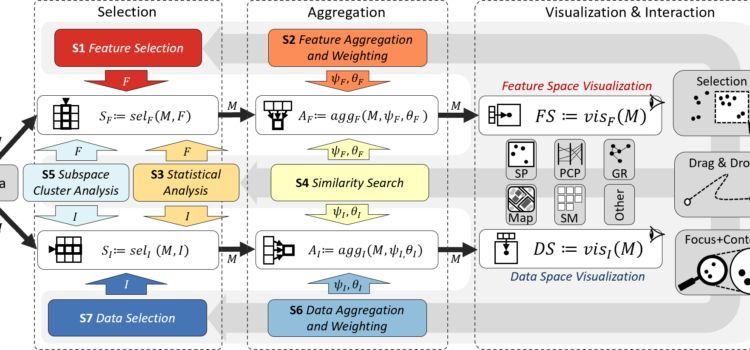
On July 17th, 2024 Frederik Dennig successfully defended his Ph.D. thesis. Read more about “Measure-Driven Visual Analytics of Categorical Data”.

On the first of July this year I successfully defended my PhD Thesis with the title Quasi Continuous Level Monte Carlo Method (1) and I am happy to share my work on the SFB-TRR 161 blog.
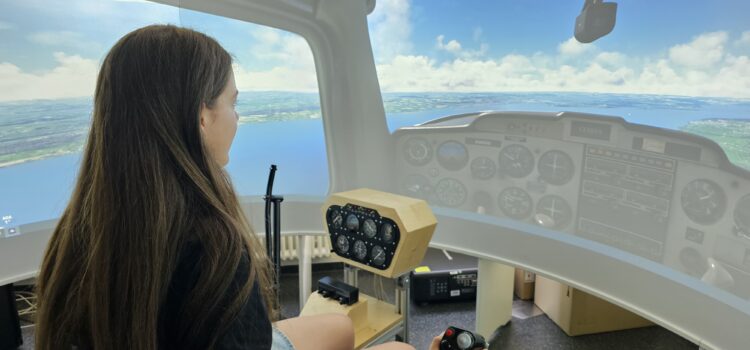
Hallo, ich bin Nathalie Koch. Ich erzähle euch hier von meinem Praktikum im Fachbereich Informatik der Uni Konstanz.
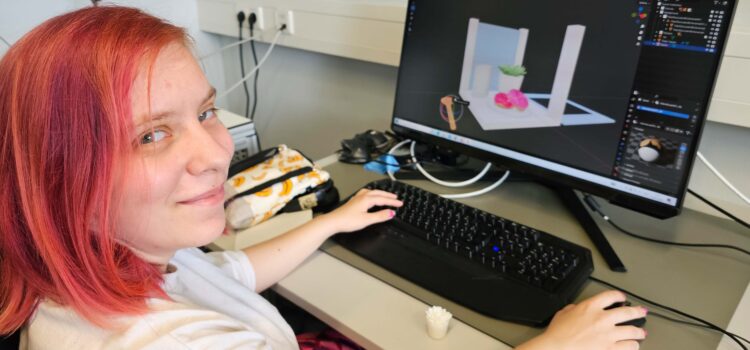
Eine weitere Woche Praktikum in der AG Schreiber an der Universität Konstanz.

I’m delighted to share that I’ve successfully defended my Ph.D. thesis titled “Variational 3D Reconstruction of Non-Lambertian Scenes Using Light Fields”. Depth estimation from multiple cameras is the task of estimating the distance between the individual cameras and the scene